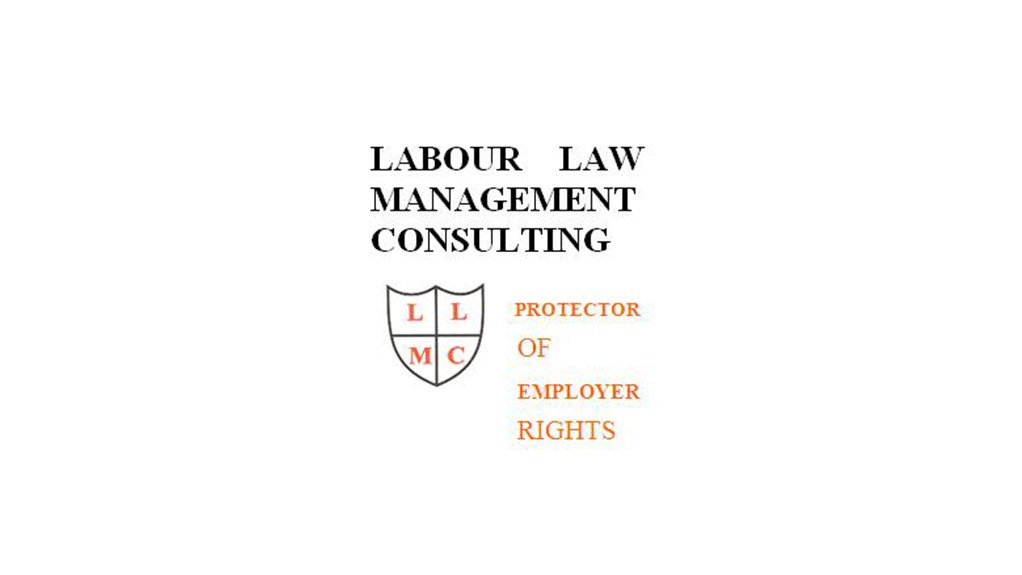Even if an employee has committed murder his/her dismissal will not be upheld by the CCMA or a bargaining council where there was insufficient evidence brought to prove his/her guilt.
Proof of guilt is a factual and skilful exercise requiring:
- Testimony that is not contradictory
- Evidence that, after having been challenged by the accused employee, still holds water
- Documents that are validated and that clearly show up the employee’s misconduct
- Evidence that is corroborated by other evidence
- Testimony from credible witnesses
- Evidence derived from thorough and honest investigation.
Thus, proving one’s case depends on the bringing of evidence that will persuade the presiding officer that one’s allegations or claims are true and genuine.
However, it is not enough to bring strongly supported or incontrovertible evidence. Parties need to further ensure that the evidence they bring is relevant to the case.
For example, if an employer wishes to convince an arbitrator that an employee stole petty cash it is pointless for the employer to bring solid proof that the employee’s work performance is poor because this is irrelevant.
At the same time it is most infuriating for parties who have gone to the trouble of collecting genuine, solid and relevant evidence only to see the arbitrator ignore this evidence.
Fortunately the parties do have recourse to the Labour Court if a CCMA arbitrator disallows or ignores relevant and legally permissible evidence in making his/her award.
It is not always easy for the presiding officer to decide if evidence is relevant or not because:
- the presiding officer may nor be properly trained to be able to understand what is and is not relevant.
- of lack of clarity of the evidence itself.
- the evidence may only be indirectly relevant to the case. For example, the employee may have been dismissed for poor performance of his/her work. However, the employee might tell the arbitrator that the employer has been victimising him/her for weeks on end. While this seems, on the surface, to be irrelevant, the employee may be able to show that it was the victimisation that caused the poor performance or that the poor performance allegations are false and are part of the victimisation campaign.
It is therefore crucial that parties ensure that they bring their evidence in such a comprehensive, clear and persuasive manner that it cannot be ignored by a fair arbitrator or disciplinary hearing chairperson.
To buy our e-Book, WALKING THE NEW LABOUR LAW TIGHTROPE please contact Ivan via ivan@labourlawadvice.co.za or 0828522973.
Written by Ivan Israelstam, Chief Executive of Labour Law Management Consulting. He may be contacted on (011) 888-7944 or 0828522973 or on e-mail address: ivan@labourlawadvice.co.za. Go to: www.labourlawadvice.co.za
EMAIL THIS ARTICLE SAVE THIS ARTICLE ARTICLE ENQUIRY
To subscribe email subscriptions@creamermedia.co.za or click here
To advertise email advertising@creamermedia.co.za or click here











